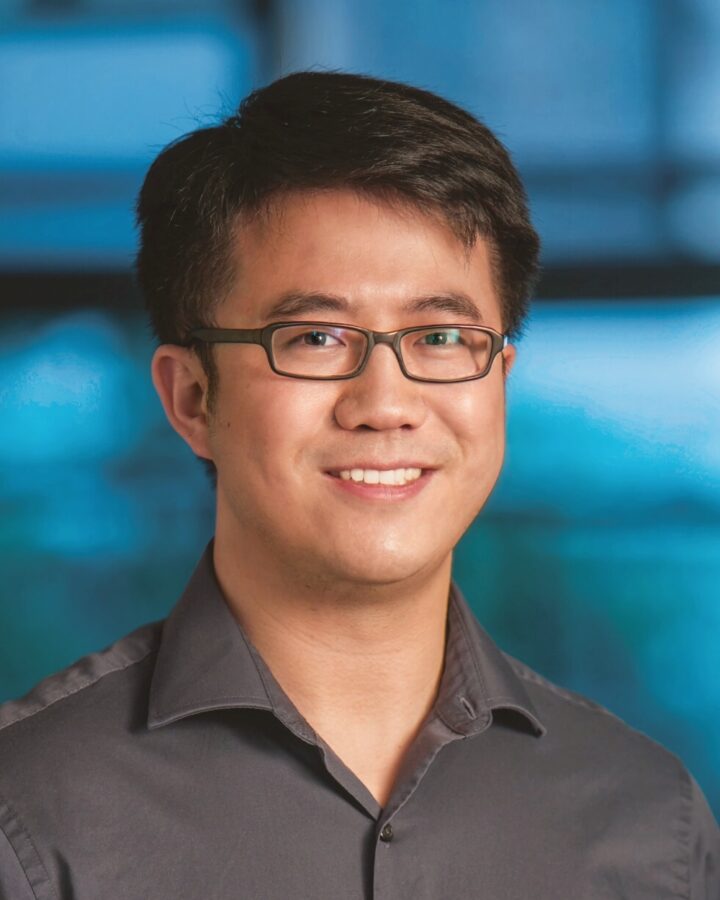Meet Chenfanfu Jiang—an extraordinary mathematician that will be joining the UCLA Physical Sciences Division during the 2021-2022 academic year.
He is joining as an assistant professor of mathematics and received the NSF CAREER award in 2020. His current research interests include physics-based modeling, simulation and scientific computing.
Tell me more about yourself.
I received my Ph.D. degree at UCLA in 2015 and was a Postdoc here until 2017. I spent the last four years as an assistant professor at the University of Pennsylvania, and now I’m back.
How do you feel about joining the UCLA Physical Sciences Division?
UCLA is my alma mater. Given my familiarity with UCLA, it feels like coming home to join the Math department as a faculty.
Are you excited? What are you excited about?
Undoubtfully I am excited about the city, the university, the division, and the department. The academic environment here kick-started my career, and I find it delightful to interact with colleagues, researchers, and students here.
Describe your research to me and what sparked your interest in this field.
My research focuses on computational techniques for solving partial differential equations. More specifically, it is about applying mathematics to computational solids, computational fluids, and multi-physics. Our research is adopted in various modern applications such as visual effects, virtual reality, soft robotics, and computational fabrication.
What are the big picture questions you are trying to answer?
I want to contribute to closing the gap between virtual reality and physical reality through applied math. The big picture question is how to create a virtual world with virtual humans and virtual objects that replicate functional physical substances in our reality.
How do you learn to take risks in your research?
Taking risks is necessary for significant research accomplishments. Taking risks is not a waste of time. Even in a failed research project, one could likely discover new facts, generate new ideas, and acquire valuable skills along the way.
What do you do when you have free time?
I practice Kung Fu.
What obstacles have you faced in your life and career?
I find it challenging to maintain the desired frequency of getting together with my family and friends in China.
Visit Chenfanfu Jiang faculty page
Tags: News
